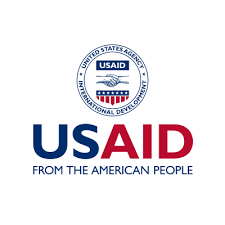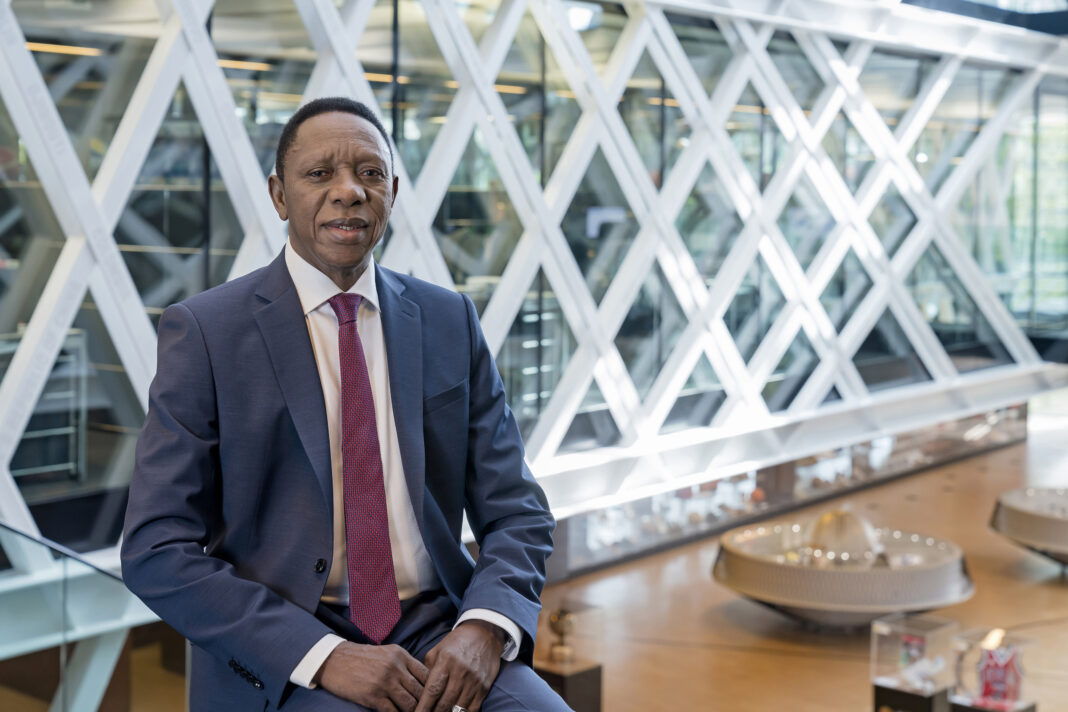In a resounding commitment to advancing gender equality and empowering women across the globe, the United States Agency for International Development (USAID) is taking substantial strides to bridge the digital gender gap that has long hindered women’s access to economic opportunities, information, and essential online services. This groundbreaking endeavor comes as part of the U.S. government’s enduring dedication to gender equity.
Earlier this year, Vice President Kamala Harris inaugurated the Women in the Digital Economy Fund (Wi-DEF) with initial funding contributions from USAID and the Bill & Melinda Gates Foundation. Today, USAID proudly announces substantial new pledges to this fund, marking a significant leap toward achieving gender parity in the digital realm. Microsoft and the Government of the Republic of Korea have magnanimously committed an additional $11.6 million to Wi-DEF. This funding infusion, comprising $10 million from Microsoft and $1.6 million from the Republic of South Korea, is poised to be a game-changer in fostering a more inclusive digital world.
Building upon the resounding success of the Wi-DEF, and in alignment with the momentous commitment made by the Group of 20 Leaders to halve the digital gender gap by 2030, USAID is unveiling the Women in the Digital Economy Initiative. This visionary initiative will galvanize fresh collaborations involving governmental bodies, private sector entities, philanthropic organizations, and civil society groups. Remarkably, USAID and its partners have collectively pledged a staggering sum exceeding $515 million, underscoring their unwavering resolve to bridge the gender digital divide even further.
Among the nations demonstrating their support for this cause are Australia, Canada, Finland, Germany, Japan, the Republic of Korea, Sweden, and the United Kingdom. Their investments are strategically geared towards fostering innovative digital solutions that will narrow the gender gap in mobile internet and mobile money services, amplify digital financial inclusion and empowerment for women, advance digital skills and education among women, and ensure the safety and security of women and girls as they engage with technology.
The private sector, philanthropic organizations, and civil society are also stepping up to the plate with their resolute support. Amazon Web Services, Inc., the Bill & Melinda Gates Foundation, CARE, Citi, G20 EMPOWER India Chapter, Global Digital Inclusion Partnership, GSMA, Mastercard Center for Inclusive Growth, Microsoft Corporation, myAgro, Reliance Foundation, Viasat, Visa Foundation, and Visa Inc. have all made substantial contributions. These contributions are set to fuel digital innovation that will benefit women worldwide, enabling female workers in supply chains to access digital financial services, offering connectivity and digital literacy training to women, empowering women farmers to leverage mobile technology for increased productivity and profitability, and creating fresh opportunities for women entrepreneurs by facilitating affordable access to mobile devices and internet connectivity.
USAID and its dedicated partners are unwavering in their commitment to closing the gender digital divide and empowering women in marginalized communities. They continue to welcome new partners to join their mission by contributing to the Women in the Digital Economy Fund and actively participating in the Women in the Digital Economy Initiative. In this united effort, they aim to create a more equitable and inclusive digital world for all.




